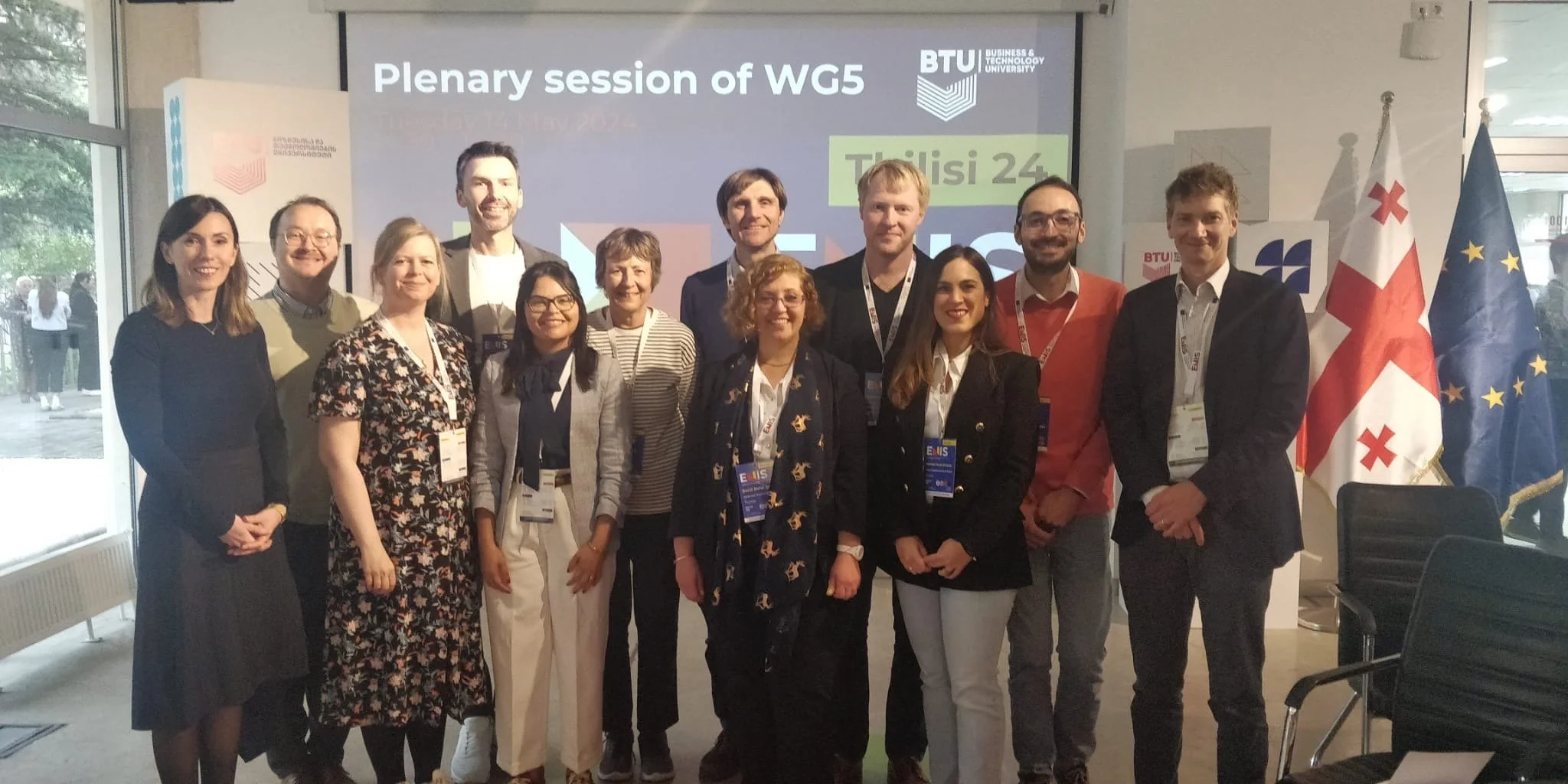ENIS - European Network on International Student Mobility: Connecting Research and Practice
The European Network on International Student Mobility: Connecting Research and Practice (ENIS) responds to the pressing need for systematic interdisciplinary and international exchange of knowledge on theoretical frameworks, research methodologies, findings, and best practice examples, and for translating scientific findings into recommendations for international student mobility (ISM) practice.
ENIS brings together established researchers, early-career investigators (ECIs) and PhD students from different scientific disciplines, countries, and research communities as well as stakeholders from international offices, international student and study abroad organizations, and different policy levels to offer comparative and practical insights into ISM dynamics.
The network is organised into four Working Groups:
Global ISM flows and trends at the macro level.
Social inequalities in access to and during ISM.
The social and cultural integration of international students in their host countries.
The impact of ISM on graduates’ careers.
Learn More
European Cooperation in Science and Technology (COST)
ENIS initially started as a COST Action that lasted four years (2022-2025). After the end of the COST funding, ENIS established itself as an independent network hosted for the first two years by the University of Tilburg, the Netherlands.
European Cooperation in Science and Technology (COST) is a funding organisation which supports the development of research networks, called COST Actions. These networks offer an open space for collaboration among scientists across Europe (and beyond) and thereby give impetus to research advancements and innovation. The European Network on International Student Mobility (ENIS) is a COST Action with whom the IAU works closely.
Giorgio Marinoni, IAU Manager for Internationalization is one of the two vice-chairs of the ENIS network
-
Key outcomes of the project, include reports, tools, and resources that support and enhance international student mobility across Europe.
One key outcome is the paper “Im/mobility in a disruptive time: the impact of Covid-19 on the size and directional flow of international student mobility.“ Access the paper here.
Please explore outcomes here.

